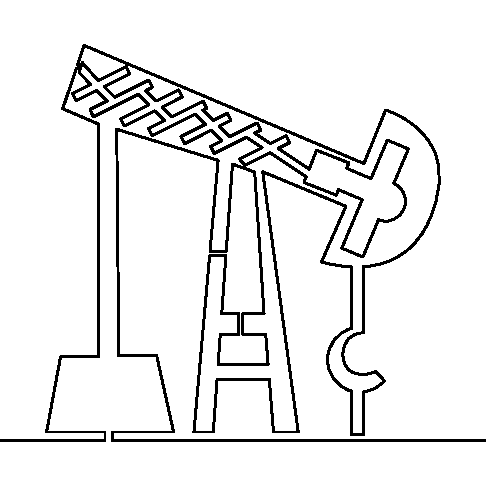Learn
about
sustainability
Discover
your
preferences
Explore
sustainable
investments
Enhance
your
investments
Check
your
portfolio
Take action
with
awareness

Excluding fossil fuels
How Can I Take Action?
Fossil energies are produced through mixtures of hydrocarbons formed as a result of geological transformations over millions of years; they are called "nonrenewable energies" precisely because the geological transformation process is so long that human beings cannot wait for their new formation. By fossil energies we mean:
- Those resulting from the combustion of coal or other polluting materials such as tar sands
- those resulting from the exploitation of oil
- those arising from the exploitation of natural gas
Fossil fuels are the largest contributing source of greenhouse gases and emissions. In fact, when they are burned for energy production, they release large amounts of CO2 into the atmosphere with highly negative consequences for the environment.
- Coal: the most polluting fossil fuel (responsible for about half of the world's greenhouse gas emissions). It is harmful to the environment and to humans: its combustion, in fact, generates not only CO2 emissions but also fine particulate matter that is highly harmful to organisms.
- Oil: the most widely used fossil fuel, and although it is less polluting than coal, it still generates a large amount of emissions. Behind the use of oil for the purpose of producing energy and fuel we find strong interests, both commercial and political, that make it a source of energy at the center of many countries' conveniences.
- Natural gases: undoubtedly the least polluting of the fossil fuels. They are still responsible for a certain amount of emissions (about 70 percent less than coal).
The topic of fossil energy is addressed mainly through theexclusionary and regulatoryapproaches :
The exclusion approach involves:
- The exclusion of investments in Society related to the production, sale or conversion of fossil fuels
- The exclusion of investment in projects related to any kind of unconventional extraction
The regulatory approach is linked to the participation, signing or promotion by Society of major international agreements in this area:
- Carbon Discolsure Project (CDP);
- Paris Agreement on climate preservation
- Montreal Carbon Pledge whose goal is to quantify and manage carbon and climate change-related impacts, risks and opportunities in investments and to do so requires measurement of each signatory's carbon footprint
The results of our analysis show that 71% of sustainable funds exclude one or more aspects related to the exploitation, sale or production of fossil fuels.
- 67 percent of funds exclude investments in energy production or exploitation by coal or other pollutants
- 43% of funds exclude investments in energy production or exploitation through oil or natural gas
- 46% of funds exclude any type of activity related to unconventional extraction of raw materials
- 40 percent of the funds exclude any kind of fossil fuel-based electricity production or conversion

For better reading of the data, please rotate your device.
